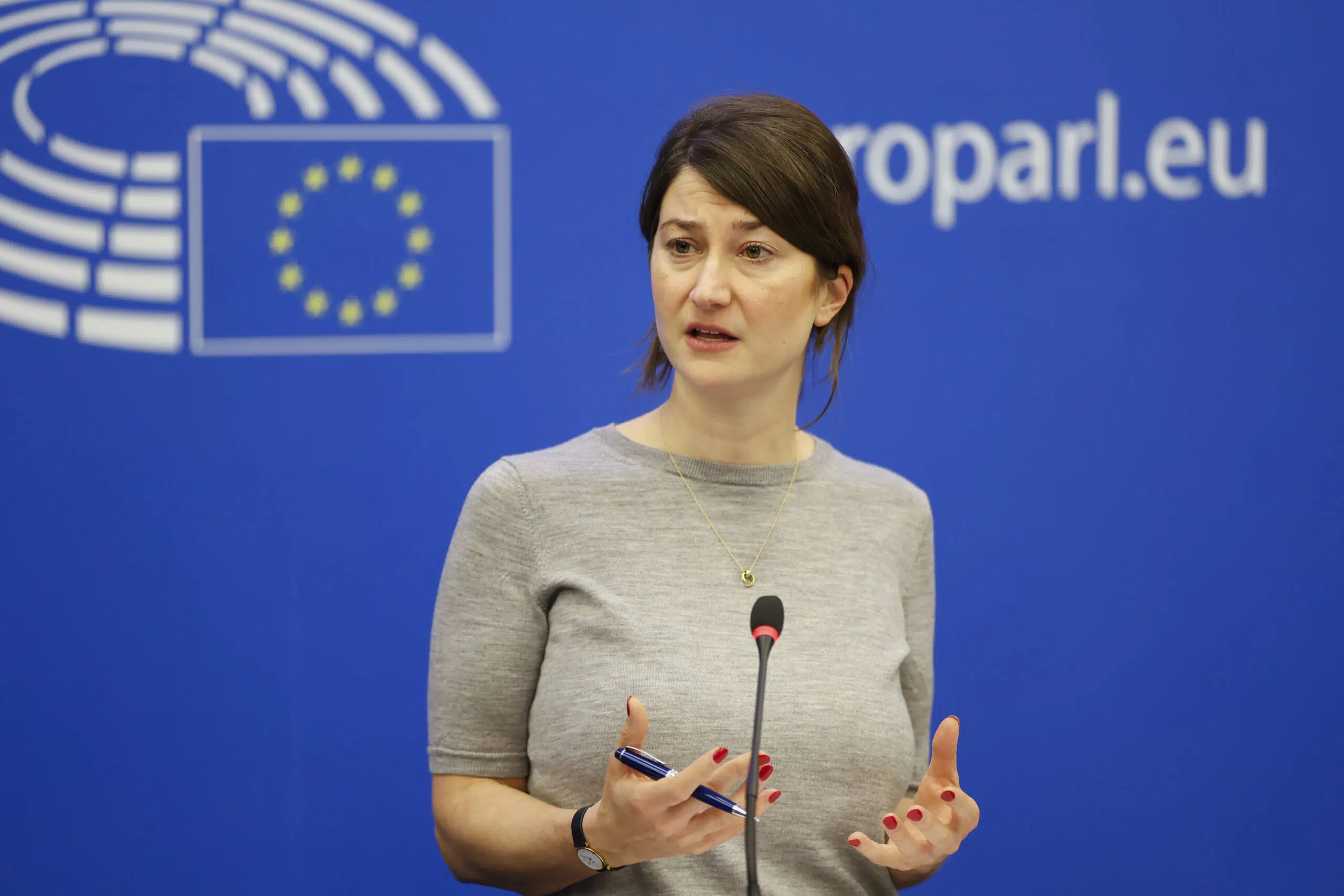From the correspondent in Strasbourg – Member states scuttle the EU directive on corporate sustainability due diligence and impede the adoption of stringent obligations for companies on respect for human rights and the environment. With the agreement already sealed—more than two months ago—for the second time the Belgian presidency of the EU Council is forced to postpone the game for final approval. But this time, it wasn’t just Germany, Italy, Austria, and Finland that stood in the way; it was 14 national governments. In the morning, the Belgian EU presidency communicated that “despite efforts, the necessary support” was not found from member country ambassadors. Reportedly, after a round of opinions, Belgium had to acknowledge
that
the requisite qualified majority could not be reached. If only Sweden gave a contrary opinion, as many as 12 countries—Italy, Germany, Bulgaria, Slovakia, Hungary, Luxembourg, Estonia, Finland, Lithuania, the Czech Republic, Malta, and Austria—would have abstained. That, for voting purposes, counts as those who speak against.
“Now we have to consider the state of play, and we will see if it is possible to address the concerns raised by the member states in consultation with the European Parliament,” the Belgian presidency concluded, reiterating its intention to put the dossier back on the table one last time in an effort to finalize it before the end of the legislative term.
The new rules, proposed by the European Commission in February 2022, had completed the lengthy EU process with the last December 14 agreement in interinstitutional trialogues. At that meeting, the Council arrived with a strong negotiating mandate supported by the vast majority of member states. But several decided in extremis to close the door. Among them, explained EU sources, even Italy, which had supported the orientation adopted in December under the Spanish presidency.
The same sources said that Paris would even change its position only today, not expressing support for the current text and conditioning its support on substantive changes that the presidency will now consider. The news from Brussels quickly travelled to Strasbourg, where the plenary session of the European Parliament is underway. At that point, the proposal’s rapporteur for the parliament, Dutch socialist Lara Wolters, was furious at a press conference and decried “the outrage” suffered by the parliament, which “undermines the trust necessary to reach agreements” between the institutions.

Because what is happening to the Business Ethics Directive is a photocopy of what has already happened with the Digital Workers’ Rights Directive, with member states forming a blocking minority when the work has already been done. They are thus serving the interests of the corporate world at the expense of workers and the environment.
“What happened today is very disturbing” and “outrages me,” Wolters attacked, stressing that “this law should be a global benchmark to hold companies accountable and incentivize responsible business conduct.” As with the new regulations protecting riders, Wolters also denounced “significant pressure” on national governments from companies and prominent industry associations. “It is no secret that MEDEF in France and BDI in Germany are against the directive,” she recalled further. And Confindustria, too, had called the directive “machine-intensive and unmanageable,” foreshadowing huge bureaucratic burdens “on businesses and European competitiveness.”
As for Italy, the text’s rapporteur for the parliament pointed to a lack of clarity in official government statements. “But what is very clear is that behind the scenes, Giorgia Meloni has been under strong pressure,” she added. A possibility that “does not surprise” the head of the Democratic Party’s delegation in Brussels, Brando Benifei, “knowing that the Italian government is completely in the hands of large economic interests.” Reached by Eunews, Benifei reiterated, “It seems clear to me that as on riders, lobbying interests of large corporate entities prevail.”
The directive: mitigating impacts on human rights and the environment “from upstream to downstream”
As it emerged from interinstitutional negotiations, the directive would have established a set of obligations for companies operating in the EU to mitigate their negative impact on human rights and the environment. Child labour, slavery, labour exploitation, pollution, deforestation, excessive water consumption, or damage to ecosystems: all companies with more than 500 employees and a worldwide turnover of more than 150 million euros would no longer have been able to ignore non-compliance with ethical and environmental constraints throughout the supply chain. Indeed, companies would have had to “identify, assess, prevent, mitigate, and remedy their negative impacts and those of their upstream and downstream partners”: production, supply, transport and storage, design, and distribution.
The same rules would have applied to medium-sized enterprises (with more than 250 employees and a turnover of more than 40 million euros) in the sectors of production and wholesale trade in textiles, clothing and footwear; agriculture, forestry, and fishing; food production and trade in agricultural raw materials; mining and wholesale trade in mineral resources or manufacture of related products; and construction.
Therein lies the point raised by France: several rumours speak of a proposal by the Elysée, which would like to exclude all companies under 5,000 employees from the directive’s obligations. “I’m not aware of a formal proposal having arrived, but if this were the case, it would be an outrage to the European Parliament and the democratic process,” Lara Wolters said.
The parliament provided some benefits for companies with more than 1,000 employees that fully implemented the directive. An element also underscored by Benifei, according to whom the new rules would have rewarded “those, and they are many, who are already today, is committed to social and environmental sustainability.” To motivate companies, compliance with due diligence requirements would have been part of the criteria for awarding public contracts and concessions. At the same time, all member countries would have had to designate a supervisory authority to monitor compliance. Bodies with the power to initiate investigations and impose penalties on non-compliant companies, with fines of up to 5 per cent of their net global turnover.
English version by the Translation Service of Withub




